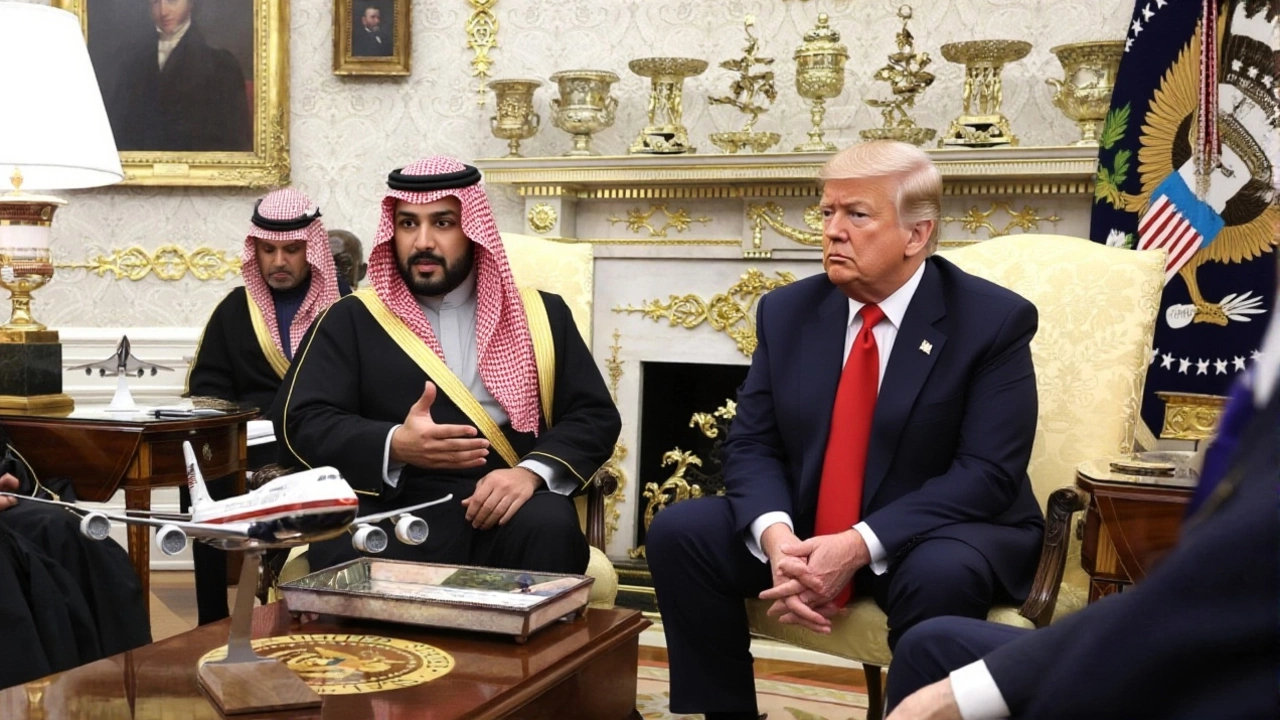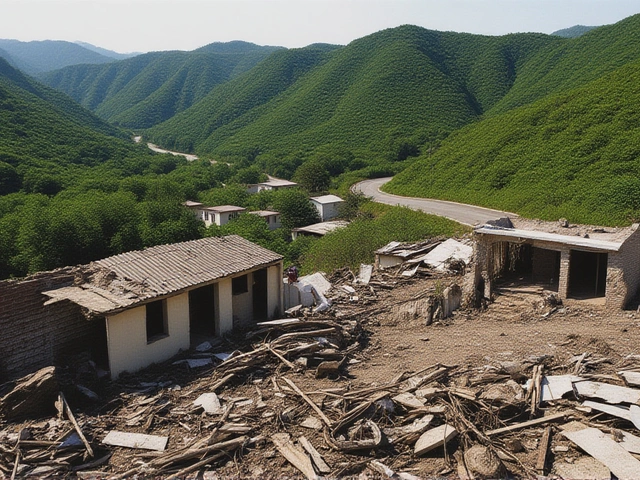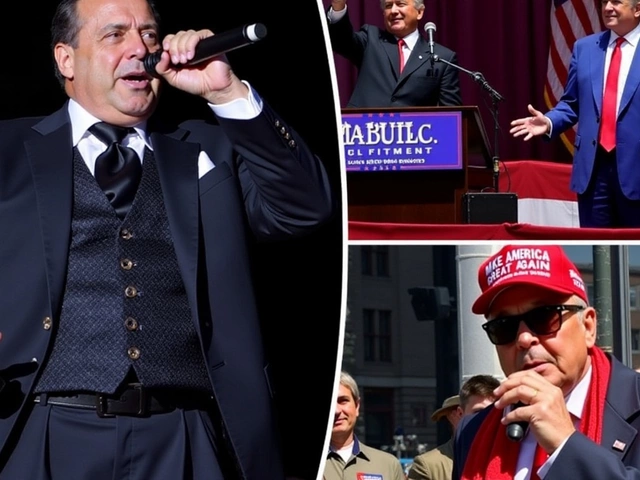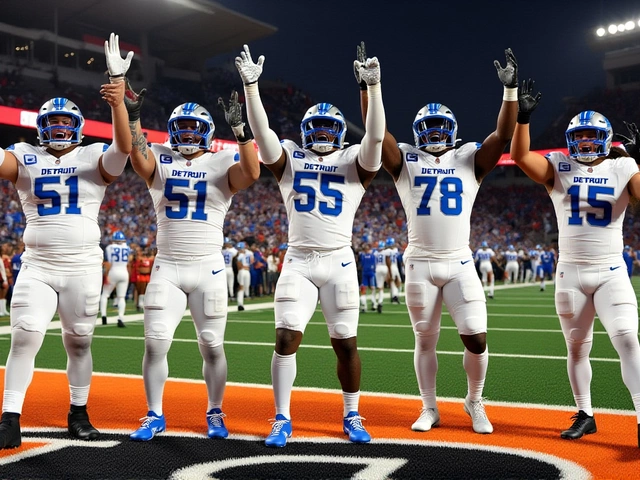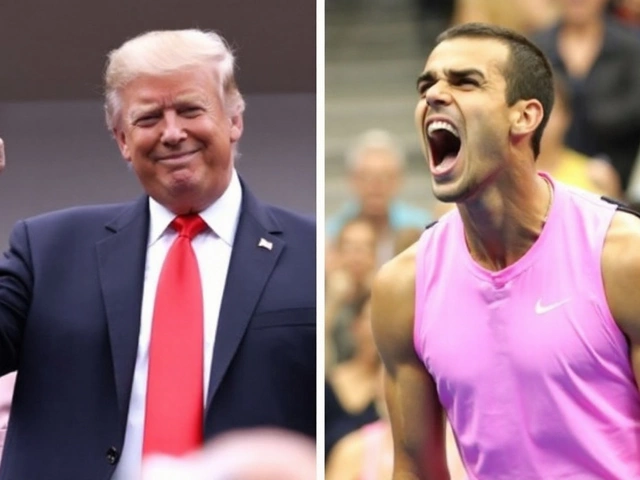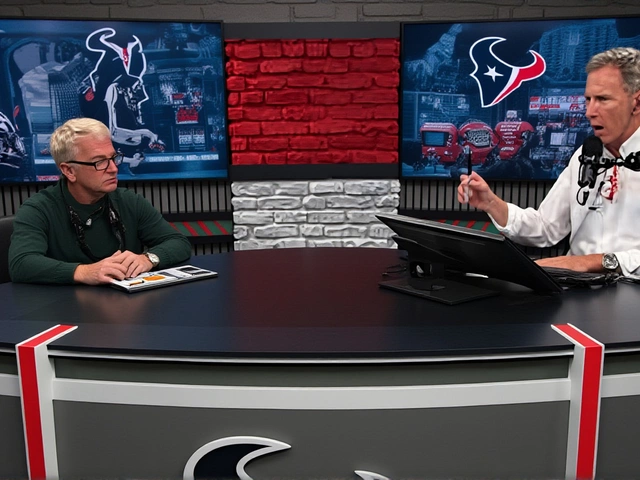On November 20, 2018, in the White House's Oval Office, President Donald Trump stood beside Crown Prince Mohammed bin Salman and declared, "The crown prince knew nothing about the killing of Khashoggi." It was a stunning reversal — not just politically, but morally. Just weeks earlier, U.S. intelligence agencies had concluded with "high confidence" — a 90% probability threshold — that the 33-year-old Saudi ruler had personally ordered the October 2, 2018, murder of Jamal Khashoggi, a Washington Post columnist and U.S. permanent resident. The killing happened inside the Saudi consulate in Istanbul, where 15 agents, including the crown prince’s personal security chief, dragged Khashoggi into a room and dismembered him with a bone saw. And yet, Trump dismissed it all. Why? Because money talks louder than murder.
The $110 Billion Deal That Changed Everything
The meeting wasn’t just a photo op. It was the climax of a three-day visit that included stops at the New York Stock Exchange, the Senate, and the House. On November 21, Saudi Arabia’s Public Investment Fund announced $110 billion in new investments with American tech firms — a deal so massive it rewrote the rules of U.S.-Saudi relations. That’s more than the entire annual defense budget of Canada. And it wasn’t new money. The Saudis had already pledged $45 billion to SoftBank’s Vision Fund in 2017 and $20 billion to BlackRock in March 2018. The message was clear: if you want Saudi capital, you don’t ask uncomfortable questions.A Human Rights Revolution — The Reverse Kind
This wasn’t just about money. It was about dismantling decades of U.S. foreign policy. Since 1976, the State Department had maintained a human rights bureau working group — a quiet but consistent voice pushing accountability. On September 18, 2018, National Security Advisor John Bolton quietly dissolved it. By the time Khashoggi was killed, the machinery of moral pressure was already gone. The State Department’s October 2018 statement condemning the murder and sanctioning 76 Saudi officials? Forgotten. Trump’s November remarks erased it all. He praised the crown prince’s "human rights record" — even as Human Rights Watch documented 1,247 political prisoners in Saudi Arabia by November 1, 2018, including 89 women activists detained since May. Among them: Loujain al-Hathloul, who had campaigned for women’s right to drive. She was still in prison.Who Spoke Out — And Who Stayed Silent
The silence from Washington was deafening. Treasury Secretary Steven Mnuchin skipped the Future Investment Initiative in Riyadh. But Commerce Secretary Wilbur Ross went. The CIA had shown Trump photographic evidence on November 16 — proof the crown prince had ordered the hit. Yet Trump publicly denied it. Meanwhile, Brett Bruen, a former State Department official under Obama, called Trump’s stance "a green light to strongmen." And John Sifton of Human Rights Watch, speaking from Geneva, put it bluntly: "The United States government no longer has any credibility on human rights issues, at home or abroad."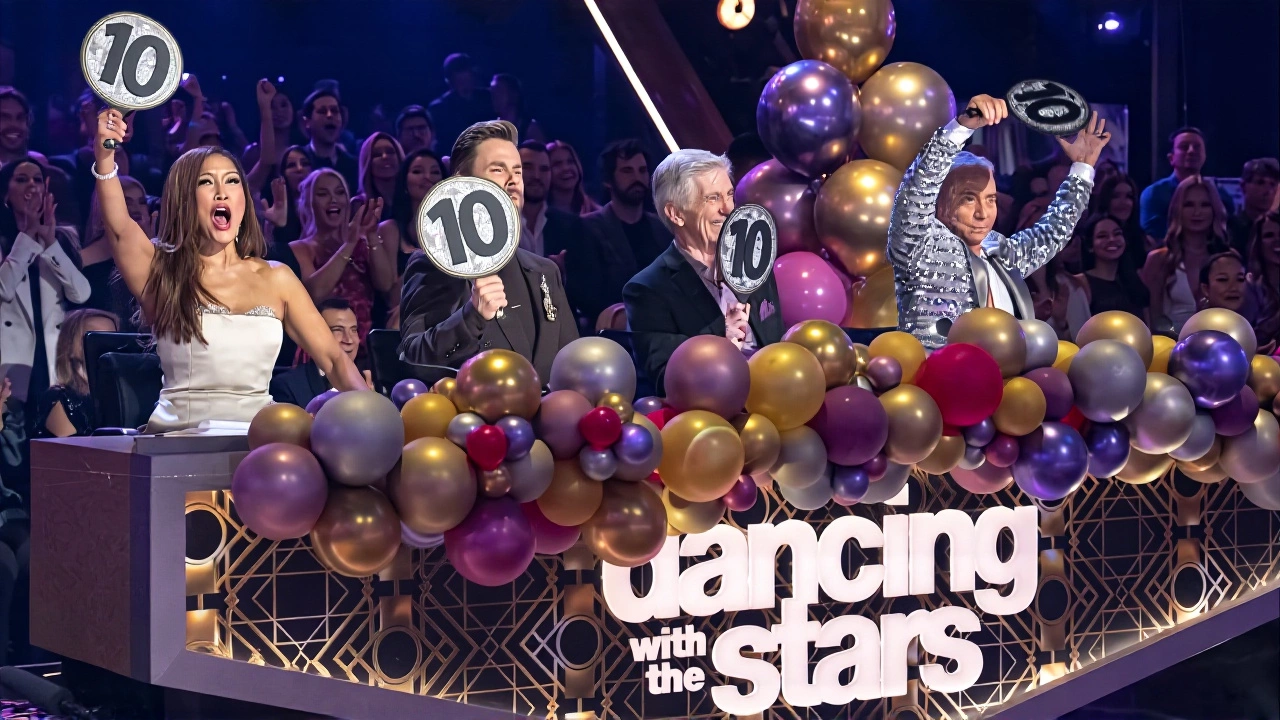
The Unanswered Questions
The U.N. Special Rapporteur on extrajudicial executions, Agnès Callamard, launched an independent probe on October 23, 2018. Her final report, due March 1, 2019, would later confirm the crown prince’s responsibility. But by then, the damage was done. The White House had already scheduled a follow-up meeting between Bolton and Saudi Foreign Minister Adel al-Jubeir for December 5 — signaling this wasn’t a momentary lapse. It was policy.What This Means for the World
When the world’s most powerful democracy chooses economic gain over moral clarity, other autocrats take notice. Egypt, Hungary, the Philippines — all watched as Trump shrugged off the murder of a journalist who lived in America. The message wasn’t lost on China, Russia, or North Korea. Human rights aren’t just ideals — they’re the foundation of alliances. When you abandon them, you don’t just lose moral authority. You lose trust. And trust, once broken, is harder to rebuild than any billion-dollar deal.Frequently Asked Questions
Why did Trump ignore the CIA’s assessment on Khashoggi’s murder?
Trump dismissed the CIA’s high-confidence conclusion — which assigned a 90% probability to Crown Prince Mohammed bin Salman’s direct involvement — because the Saudi regime was offering massive financial commitments: $110 billion in new deals, including billions tied to U.S. tech firms. Economic interests outweighed intelligence findings, signaling a deliberate pivot away from human rights as a foreign policy priority.
How many political prisoners were in Saudi Arabia at the time of Khashoggi’s killing?
As of November 1, 2018, Human Rights Watch documented 1,247 political prisoners in Saudi Arabia — up from 781 in 2017. Among them were 89 women activists detained since May 2018, including Loujain al-Hathloul, who had campaigned for women’s right to drive. The crackdown intensified after Crown Prince Mohammed bin Salman consolidated power in 2017.
What role did the U.S. State Department play before and after the murder?
On October 20, 2018, the State Department condemned the killing and imposed visa bans on 76 Saudi officials. But by November 20, Trump’s public defense of the crown prince nullified that stance. The human rights bureau working group — established in 1976 — had been quietly dissolved by John Bolton in September 2018, removing institutional pressure to hold Saudi Arabia accountable.
Did any U.S. officials refuse to participate in Saudi events after the murder?
Yes. Treasury Secretary Steven Mnuchin canceled his attendance at the November 2018 Future Investment Initiative in Riyadh. But Commerce Secretary Wilbur Ross attended, signaling mixed messaging in the Trump administration. Meanwhile, the White House scheduled a December 5 meeting between National Security Advisor John Bolton and Saudi Foreign Minister Adel al-Jubeir — suggesting the U.S. intended to deepen ties despite the killing.
What was the significance of the CIA’s "high confidence" assessment?
In U.S. intelligence terminology, "high confidence" means analysts are 90% certain of the conclusion — the highest standard short of "absolute certainty." The CIA presented photographic evidence to Trump on November 16, 2018, confirming the crown prince’s direct command of the operation. Trump’s public denial of this assessment marked an unprecedented rejection of intelligence by a sitting president.
How did global human rights organizations respond?
Human Rights Watch and Amnesty International condemned the U.S. stance as a betrayal of democratic values. The U.N. launched an independent investigation led by Agnès Callamard, whose March 2019 report confirmed the crown prince’s responsibility. Critics warned the U.S. had handed authoritarian regimes a blueprint: if you have enough money or oil, you can kill journalists with impunity.
